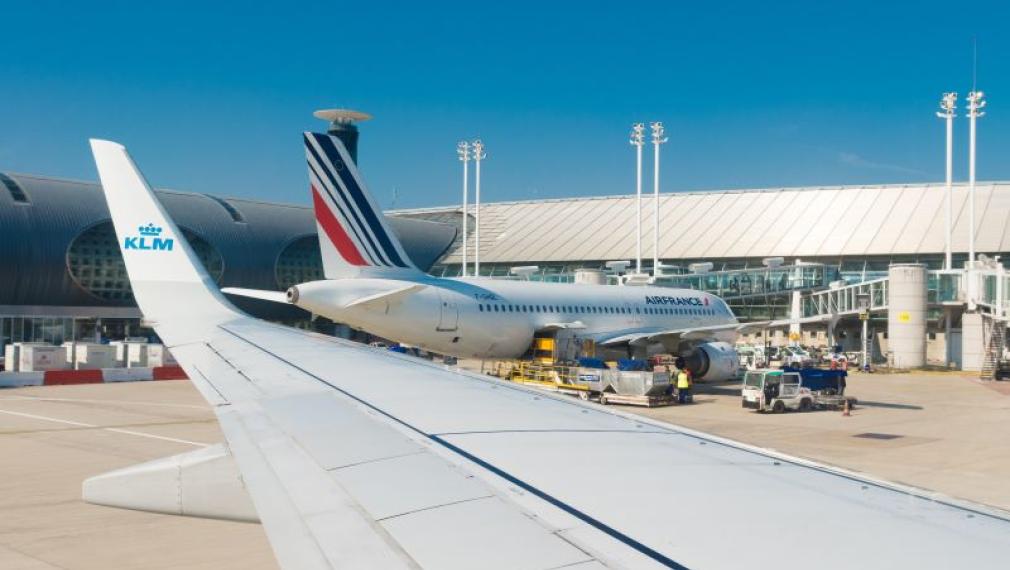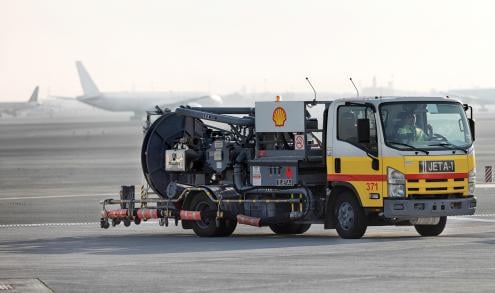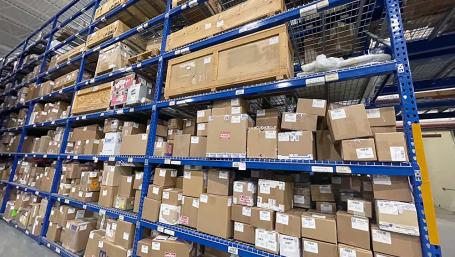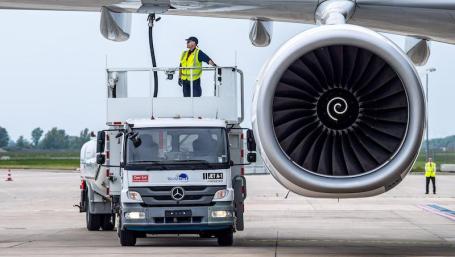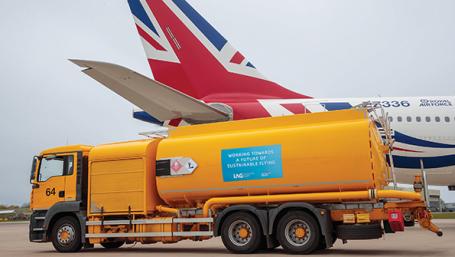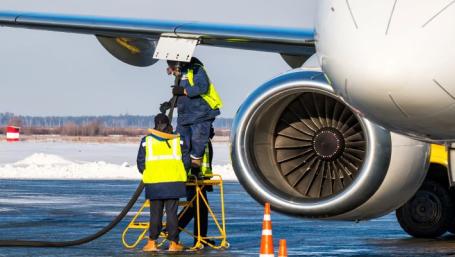Sustainable Aviation Fuel
With governments and airlines committed to decarbonizing aviation by 2050, innovative solutions are required and sustainable aviation fuels (SAF) could play a major role in meeting targets. IATA estimates that SAF could contribute around 65% of the reduction in emissions needed by aviation to reach net-zero in 2050. This will, however, require a massive increase in production in order to meet demand.
Latest News On Sustainable Aviation Fuels
Jun 10, 2024
Sustainable aviation fuel cuts contrails; MTU progresses fuel cells; medical evacuation drone; and vertical-takeoff-and-landing cargo drone in the UAE.
Jun 07, 2024
ELFC President and CEO Richard Hough cautions potential side effects of unapproved parts safeguarding efforts.
Jun 07, 2024
Cathay Pacific and Singapore Airlines say their agreement could also provide for potential “joint procurement” of SAF.
Jun 07, 2024
The EU incentive allows airlines to reclaim up to 100% of the price difference between kerosene and SAF.
Jun 06, 2024
Compared to the reference Jet A-1, measurements with 100% SAF showed lower emissions of soot particles and a 56% lower number of ice crystals in contrails.
Jun 06, 2024
Find out how International Airlines Group, the 2024 ATW Eco-Airline of the Year, has driven industry-wide changes toward a truly sustainable aviation industry.
Jun 04, 2024
Rampmaster’s Electric Vehicle Refueler replaces the standard diesel engine with an electric motor and hydraulic pump powered by lithium batteries.
Jun 04, 2024
Project Runway's aim is to help airlines access SAF using the book-and-claim approach and partner with corporate customers to share the premium for the fuel.
